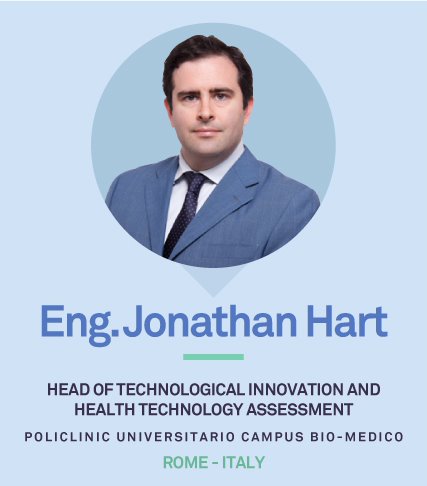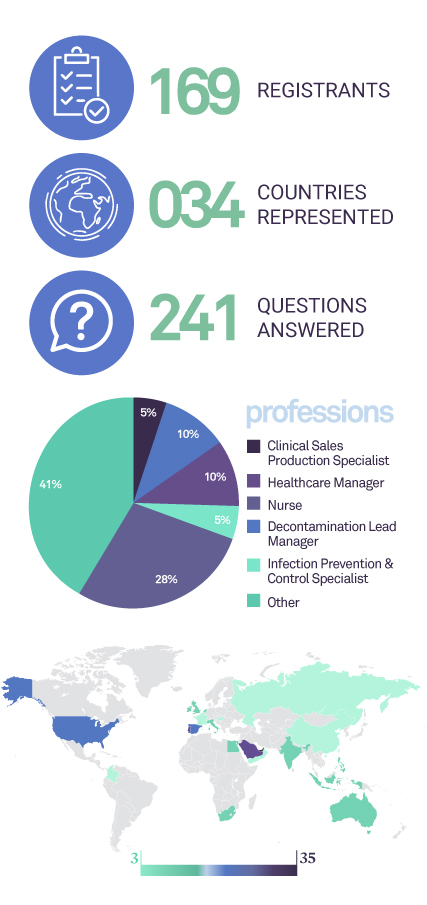During the fourth webinar, Eng. Jonathan Hart, Head of Technological Innovation and Health Technology Assessment, talked about Health Technology Assessment in the Circular Economy of Medical Devices.
HTA is a multidimensional evidence based approach for investigating the effects of a technology (not only drugs, devices or equipment, but also procedures and organizational interventions), it is therefore a comprehensive tool in evaluations relative to circular economy in healthcare.
Supply chains in all markets are suffering stock outages and back orders due raw material scarcity and demand exceeding availability; all these factors are exacerbated by current geopolitical conditions. Circular economy and management of material resources in healthcare are becoming crucial not only for its economic and environmental sustainability but also in delivering diagnostic and therapeutic services.
In healthcare the application of circular economy principles such as reuse, reduce and recycle must be carefully assessed and applied to changes in practices in order to maintain current standards in patient safety and outcomes. Just as in the general population, awareness of environmental issues is growing among healthcare professionals; there is growing attention to CO2 emissions and waste management associated to clinical activity.
The carbon footprint of medical activity is largely determined by the choice between single use and reusable devices; the selection must take into account every aspect of their employment (logistic, ecological, clinical). In the case of surgical or endoscopic instruments, the reprocessing and sterilization methods adopted also play a fundamental role; furthermore, their optimization (equipment loading, set composition) can sensibly reduce emissions and costs.
This is the fifth webinar dedicated to “Health Technology Assessment in the Circular Economy of Medical Devices”, presented by ASP Continuous Education.
24th of November 2022


- Degrees in Electronic Engineering (BSC) and Biomedical Engineering (MSC)
- Senior Hospital Management Staff (Medical Director’s Office)
- Purchasing of Medical Equipment, Medical Devices and Surgical Instruments
- Budgeting and Cost Tracing
- Healthcare Operations and Operating Room Management
- Clinical Performance and Outcome Indicators
- Hospital Layout and Workflow Design


MESSAGES
- HTA is a multidimensional methodology that allows a comprehensive and evidence-based approach to a circular economy in healthcare.
- HTA is a useful tool for appraising whether devices or solutions that are proven to be environmentally sustainable are also clinically effective and acceptable.
- It is important to assess how circular economy models (with smaller CO2 footprints) compare to current practice in terms of clinical outcomes and effectiveness, as well as efficiency and organizational factors. Life cycle analyses and economic evaluations alone do not provide conclusive evidence to decision-makers.
- HTA can help define requirements that need to be met by industry, institutions, and healthcare professionals in developing and applying circular economy solutions to healthcare.
- There is a growing awareness among healthcare professionals and scientific societies of environmental issues. The circular economy is becoming not only the goal in new business models but also the means to achieve economic sustainability and meet service requirements.


